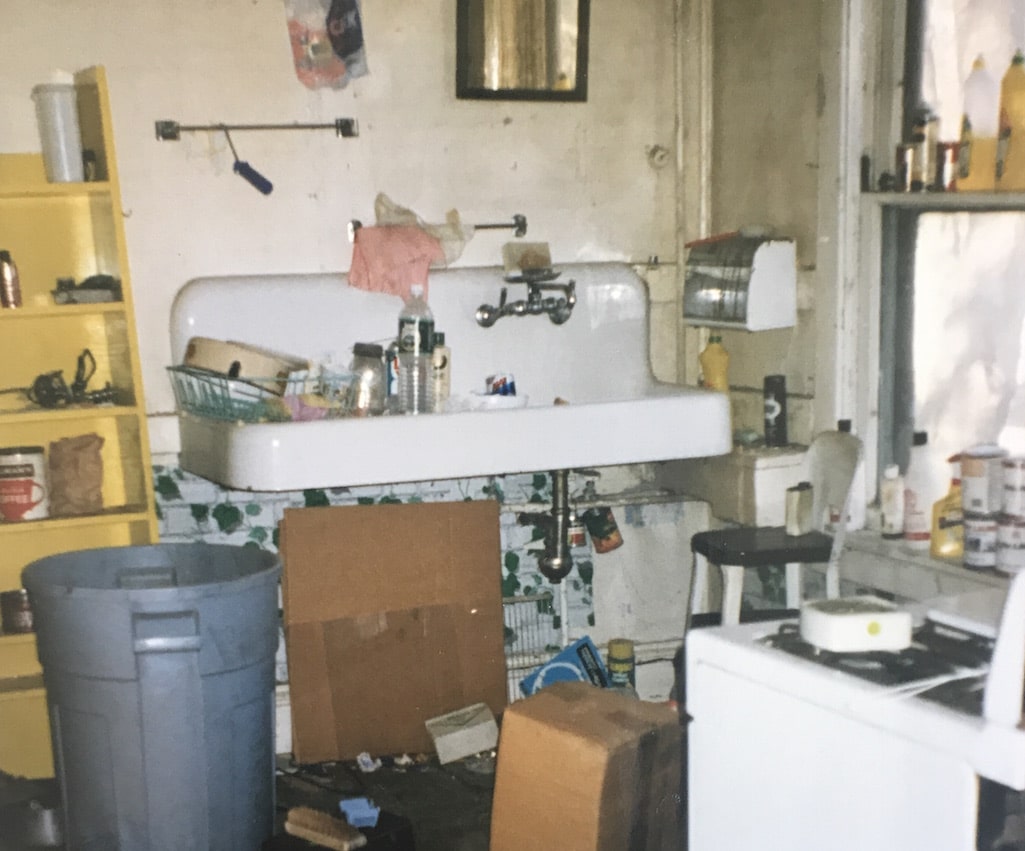Dan, a member of the millennial generation, currently lives with his parents but said he plans to be a renter for life and never buy a home. He craves the ability to pack up and go, he said, and doesn’t want to be saddled with a home loan, property taxes or homeowners associations fees.
According to an article by Nicholas Padiak in last Sunday’s Chicago Tribune, this young man from Chicago, Dan, isn’t going to be a homeowner. He wants to “pick up and go”, he says. No doubt his nomadic desires are fueled by noble thoughts, but they are the whims of a 24 year old, not the realities of any responsibility ladened adult. His fellow Millennials found out the hard way that home prices go up and indeed they go down. This left this new generation feeling uncertain as to the implications of home ownership. This is why they want to travel, instead. This is why they want to buy 298 square foot trailers (with a trundle dining table!) This recent housing cycle found many of them new owners in 2008, and many of them recently foreclosed on in 2017. The Millenials aren’t home buyers, they’re surfers and programmers and stay at home dog-sitters. This is all a huge mistake.
But, but, they’re drowning in student loan debt! Drowning, really? A recent study found that an average college graduate is carrying about $34k in student loan debt. The same study found that an average repayment plan has a monthly payment of somewhere around $350 per month. This is not a small sum of money. A recent Time Magazine article claimed the college class of 2017 average starting salary is just under $50k. More if you’re an engineer or software developer, less if you plan to work at a call center or as a psychic at a not-for-profit veterinarian. So let’s go with the $50k number. Let’s say $10k of that is eaten up by taxes. $40k is left. Age 23, $40k in take home, or $3,333 per month. That crushing student loan burden will consume around 10% of that.
Remind me how this is somehow unjust? How this debt is so horrific that life must stand still so that signs can be made and protests organized? In Milwaukee, the average rent for a one bedroom apartment is $1089 per month. That level of monthly commitment would afford a $150k loan with a $3000 annual property tax bill. Yes, a $150k loan won’t allow a newly christened adult the ability to live in Lincoln Park or in the Third Ward, but who says we get to skip all of the steps to building wealth and just arrive where we feel we deserve to reside? What happened to suffering for a bit, sacrificing for the sake of future gain? I’m not writing this as an old person, I’m writing it barely one generation removed from the current lot.
But it’s not about the money, it’s about the freedom, or so the Millenial would say. What freedom, exactly? The freedom to move across the country with no liability or asset exceeding whatever can be packed in the Vuitton duffel? What sort of freedom is this? Under this guise, a homeless man is truly the most blessed, for he can wander without complication, wherever he wishes. The trick here is that the homeless man doesn’t have his parents’ basement to live in, with his mother’s turn down service and Tuesday meatloaf. The freedom to put off adulthood is indeed intoxicating, but at what later expense?
This response to the Tribune article really isn’t just about Millenials. It’s about home ownership in general. It’s about the way a buyer turned owner engages in this ownership. It’s about passive versus active ownership. Passive ownership looks like this: Buy a house in 2006 at an elevated market price of $200k. Sell supremely overheated house, no changes made, deferred maintenance accumulating, for $160k in 2012. This is what passive ownership looks like. Passive ownership is fine if the owner plans to live forever in the house. My parents’ lakefront home was worth a lot more in 2008 than it was in 2012. Did this bother my parents? Nope, because they weren’t selling in either year. They aren’t selling this year, either. If you’re never a seller, ownership is simply a stabilizer, and there is some bliss in not worrying about the fluctuations in market value.
But this is about Millenials, and their ownership. If passive ownership looks, at least to them, like a formula for devastating loss, then what does active ownership look like? In the active ownership model, the house bought in 2006 would have needed a new kitchen and roof. It would have been neglected. And weekends would have been spend fixing that up that old dump. Active ownership would have recognized a profit in 2008, and captured it. Active ownership would have likely bought again in 2008 or 2009, and yes, paid a premium. But with a large down payment (owing to the gain on the fixer upper), the fluctuations of the crisis wouldn’t have mattered as much. Illness or job loss certainly would have been an issue, but this isn’t about the devastating outlier, this is about the mean. That same ownership would have led to another round of profit in 2015-2017, and the process can repeat.
Long ago I asked a house-hunting-friend how long it would take him to save $30k. Without answering, he admitted it would take a long time. Like just shy of eternity (based on his then income). So I asked him why he wouldn’t try to make $30k on a house, given that the only thing required would be a significant effort, and effort, more times than not, is free. Today I ask the same of Dan and his Millenial friends. Effort is still free, and living your parents’ basement is still lame.

